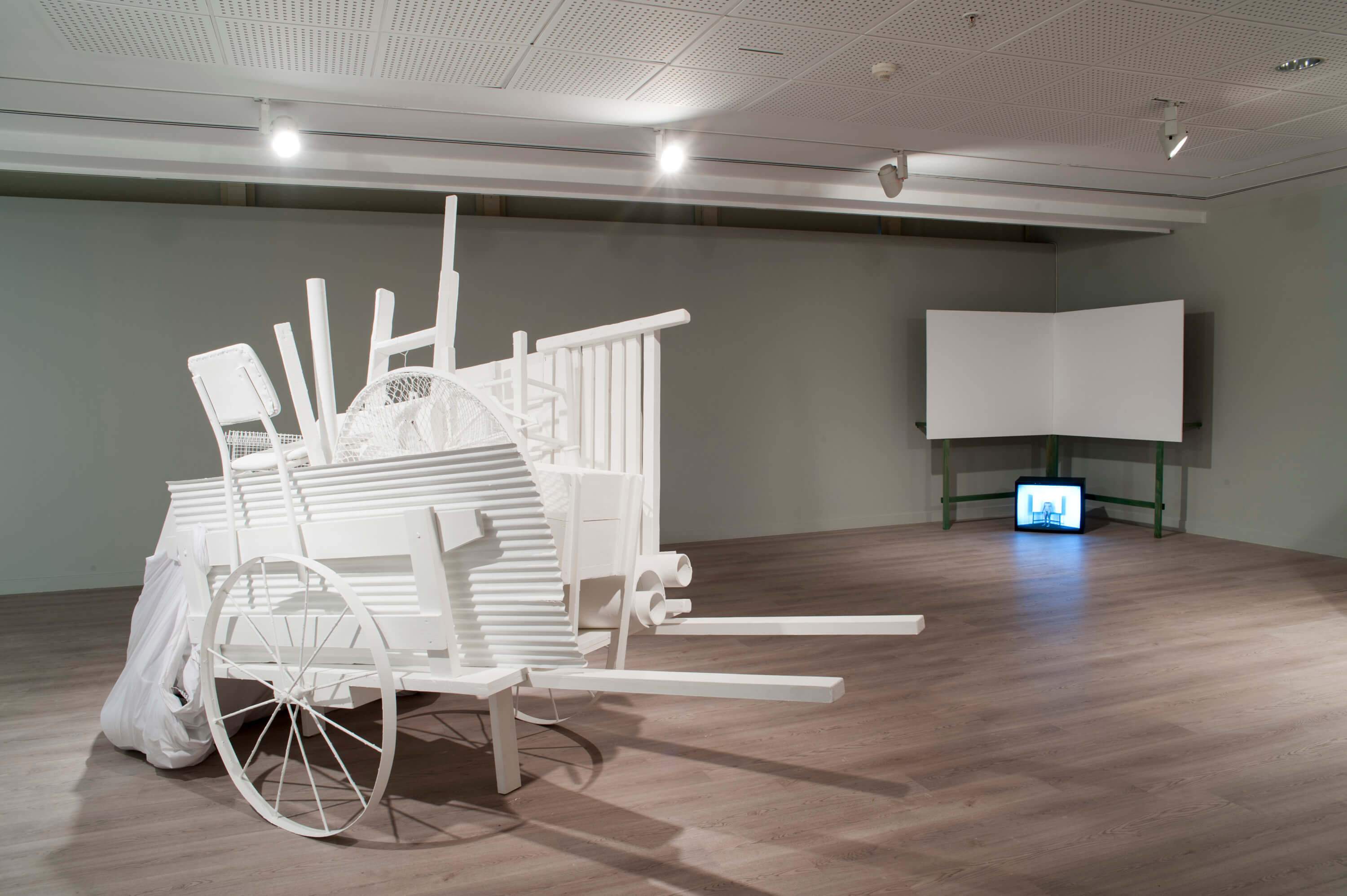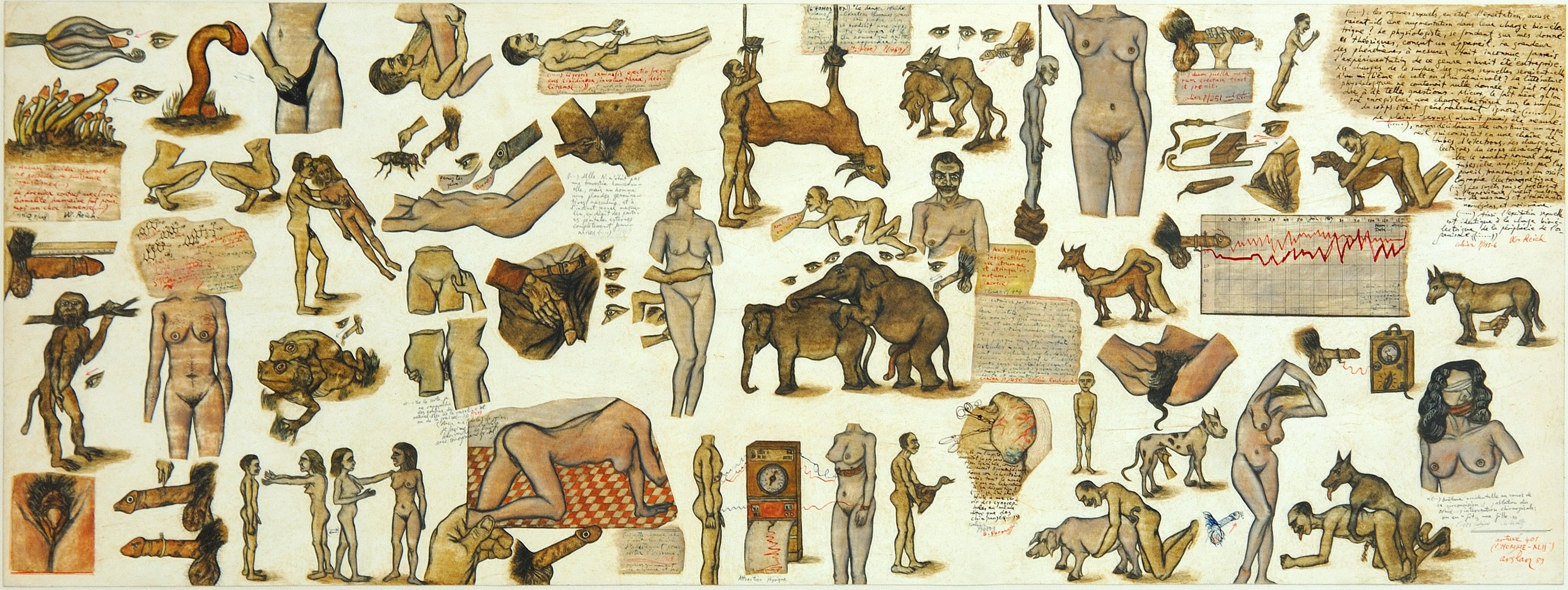Director: Angela Melitopoulos
Germany, 1999, 66', DCP, color
Greek, German with Turkish, English subtitles
Passing Drama is a multi-voice diary recounting the intertwined migration path of the inhabitants of Drama, a small town in northern Greece still inhabited by refugees who survived Nazi deportations. During the Second World War, many inhabitants of Drama were forced to exodus to labour camps in Nazi Germany, and not all of them returned to their hometown. This migratory and diasporic fate is common to the parents of Angela Melitopoulos (who was in fact born in Germany) and to entire generations of refugees, involved in a progressive cracking of collective memory, the restoration of which is attempted by the dense visual and sound texture that the artist restores in the film. Conceived as a veritable “video texture”, Melitopoulos thus restores the migrant history of her own family, emphasizing how the experience of diaspora undermines any order of perception of subjective memory. This idea of oblivion is expressed through an interwoven montage of images that reflects the deforming action of time: the older the events, the more the montage of images has undergone manipulation. The repeated fragments of industrial looms that appear between the sequences provide not only sociological representations (many refugees did in fact work in the textile industry), but also reflect the actual “textile-urological” paradigm of the film’s narrative construction.

Pera Museum, in collaboration with Istanbul Foundation for Culture and Arts (İKSV), is one of the main venues for this year’s 15th Istanbul Biennial from 16 September to 12 November 2017. Through the biennial, we will be sharing detailed information about the artists and the artworks.

A firm believer in the idea that a collection needs to be upheld at least by four generations and comparing this continuity to a relay race, Nahit Kabakcı began creating the Huma Kabakcı Collection from the 1980s onwards. Today, the collection can be considered one of the most important and outstanding examples among the rare, consciously created, and long-lasting ones of its kind in Turkey.
Tuesday - Saturday 10:00 - 19:00
Friday 10:00 - 22:00
Sunday 12:00 - 18:00
The museum is closed on Mondays.
On Wednesdays, the students can
visit the museum free of admission.
Full ticket: 300 TL
Discounted: 150 TL
Groups: 200 TL (minimum 10 people)